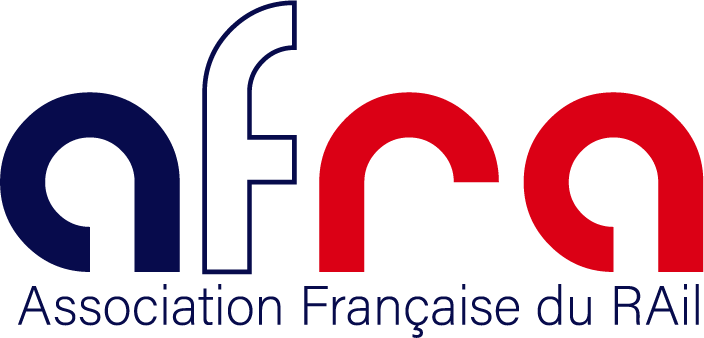The French Minister of Transport recently announced his decision to merge RFF, the infrastructure manager, with SNCF, leading, among other things, to the pooling of RFF’s and SNCF’s responsibilities for the management of the French rail network.
Since 2009, all the new entrants to the French rail market have been calling for this move in order to improve the quality of services rendered to rail operators. AFRA takes note of this decision and reminds the regulator, ARAF, that its task must be to guarantee the independence of this essential function of infrastructure management, so as to ensure network access to all rail operators.
AFRA also reasserts its conviction that there can be no ambition for the French rail sector without genuine market liberalisation.
The fresh winds of competition that have been blowing through the rail freight sector for the past two years are already bringing tangible benefits to the French economy, as freight forwarders gradually increase the amount of business they do with rail freight companies. VFLI, a private sector rail freight subsidiary of SNCF, recorded a profit for the first time in 2011 and is likely to do so again in 2012. Similarly, Euro Cargo Rail will be posting a profit for the current year for the first time ever.
In the light of these results, the on-going competitiveness of the rail freight sector in comparison to road haulage is a crucial challenge. Rail freight can only become a sustainable alternative to road haulage if the new market entrants are treated on an equal footing with the incumbent operator and if working practices are tailored to the new market requirements.
Railway operators must be able to defend a business model betweenthat of SNCF and road haulage companies from countries with low labour costs. This can only be achieved by a continuation of the negotiations between the social partners that started in 2006. The new entrants, who have neither the economies of scale nor the market power of the incumbent operator, must be able to organise their businesses in a flexible manner.
In view of its excessive levels of debt, the French railway system needs root and branch reform. The time has come to take urgent action, as other European countries have already done, by initiating the kind of experimentation likely to culminate in full liberalisation of rail passenger transport in France.
To this end, the members of AFRA insist on being fully associated, on an equal footing with the incumbent operator, with all the efforts currently being deployed to reach this goal.
L’Association Française du Rail (AFRA)
Founded in March 2009, AFRA (l’Association Française du Rail) brings together railway companies, which consider that the French market for freight and passenger transport will only be able to develop fully within an open, competitive and regulated market.
AFRA currently has the following railway companies among its members:
Veolia Transdev, CFTA Voyageurs and Trenitalia in passenger transport; Euro Cargo Rail (a subsidiary of DB Schenker Rail), Europorte (a Eurotunnel company), Trenitalia, Colas Rail and T3M in freight and combined transport;l’OFP La Rochelle a local railway companyand Vossloh, rail infrastructure and technology companies.
Contact: Jacques Malécot, AFRA Chief Executive.
Tel: +(33) 1 75 44 87 59; +(33) 6 27 22 83 44
